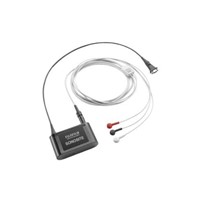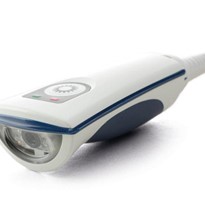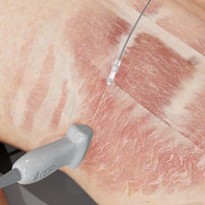We partnered with the Ministry of Health in Ethiopia to set up a free mobile medical clinic in a rural area of Ethiopia near our project communities. During the course of four clinic days, our team treated over 600 men, women, and children and brought much-needed medications, supplies, and lab equipment. We treated a wide variety of conditions, including infectious diseases such as malaria and typhoid, gastrointestinal issues, injuries, and parasitic infections. A large number of people were also fitted for glasses, seeing clearly for the first time. Our team also provided mentorship for local Ethiopian doctors and nurses.
The population we serve are those that live in extreme poverty. Because of this, they lack both the access and resources they need for healthcare. They cannot pay for medical care and have to travel long distances, usually by foot, to reach a clinic. According to the World Health Organization, more than half of the population lives more than 6 miles from the closest healthcare facility.1
There is a critical need for portable devices in low-resource environments. Our volunteers included four physicians and two cardiac sonographers. They used the handheld ultrasound device frequently to look at people's heart, lungs, and kidneys. For many patients, this was their first time seeing a doctor. And to have any type of advanced technology used as an assessment tool really exceeded what they could have hoped for. There is great comfort in communicating detailed information obtained through ultrasound with a population that will typically never have access to this technology in their lifetimes.
One story we are sharing with our supporters is about Aleme, a seven-year-old girl. We were able to use the ultrasound to recognize just how critically ill she was. Aleme came into our medical clinic with an acute infection. Our physicians determined that she was critically ill, with only 20% heart function. Our staff took her to the hospital, and our social worker advocated relentlessly to get her admitted for treatment. Aleme’s heart function returned to normal, the infection was contained, and she was discharged last week. We are monitoring her intensively and are pursuing follow-up treatment in Addis Ababa.
Aleme is alive today because of your generosity. Without the scan, the extent of her illness would have likely been missed, and she could have lost her life.
While FUJIFILM SonoSite, Inc. supports the improvement of health care in the global community, we do not officially endorse any of the charities and organizations that are mentioned or linked to on our Global Health page.


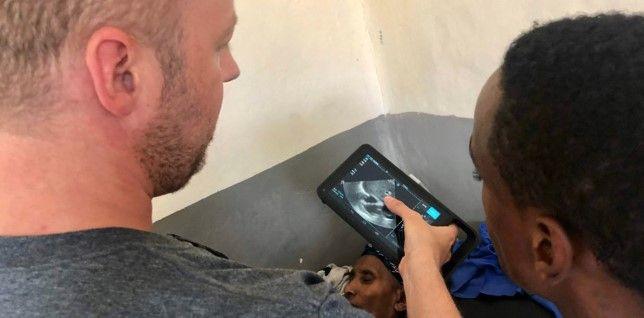


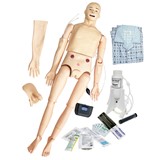








-205x205.jpg)
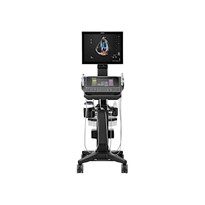
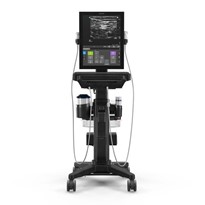
-205x205.jpg)
